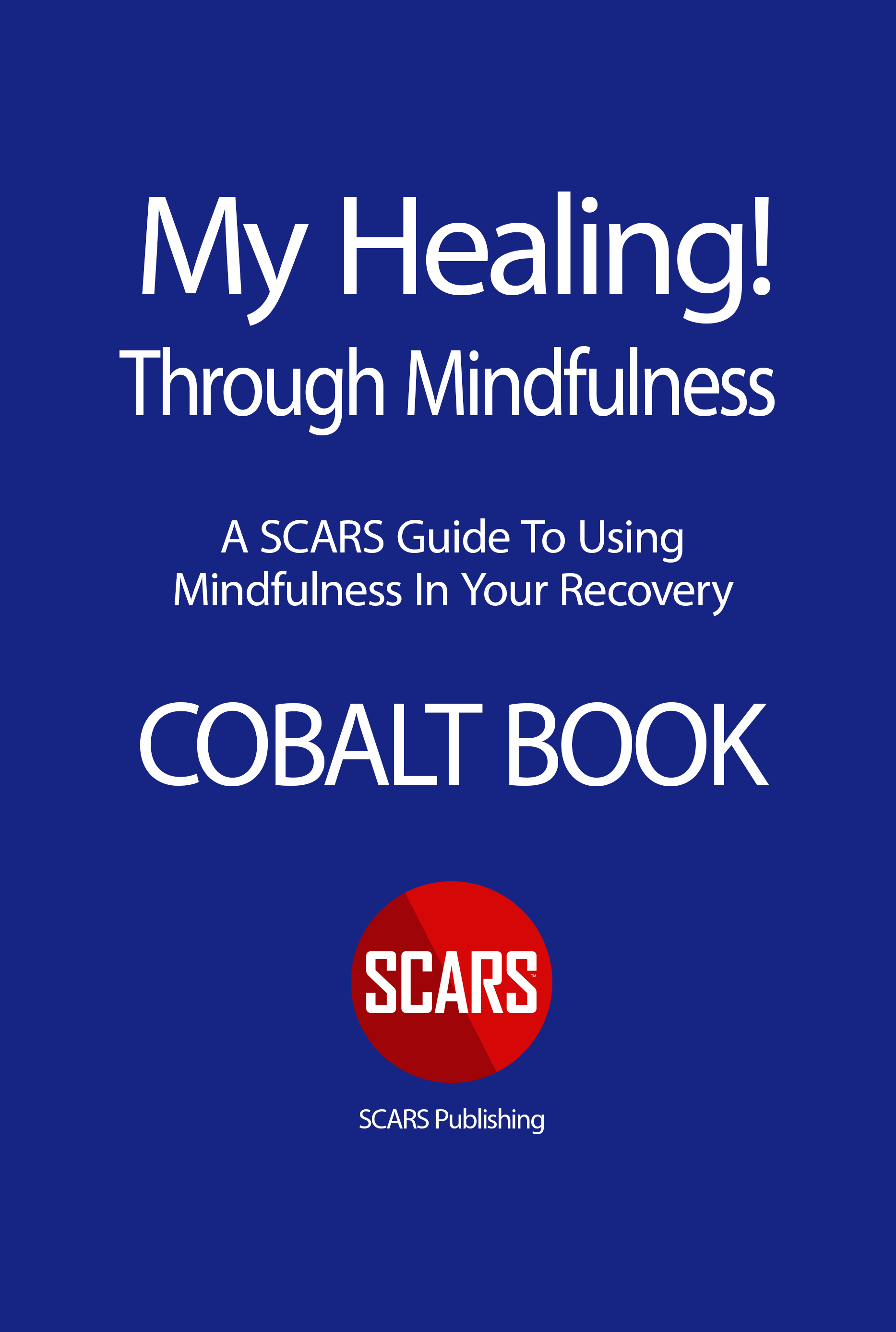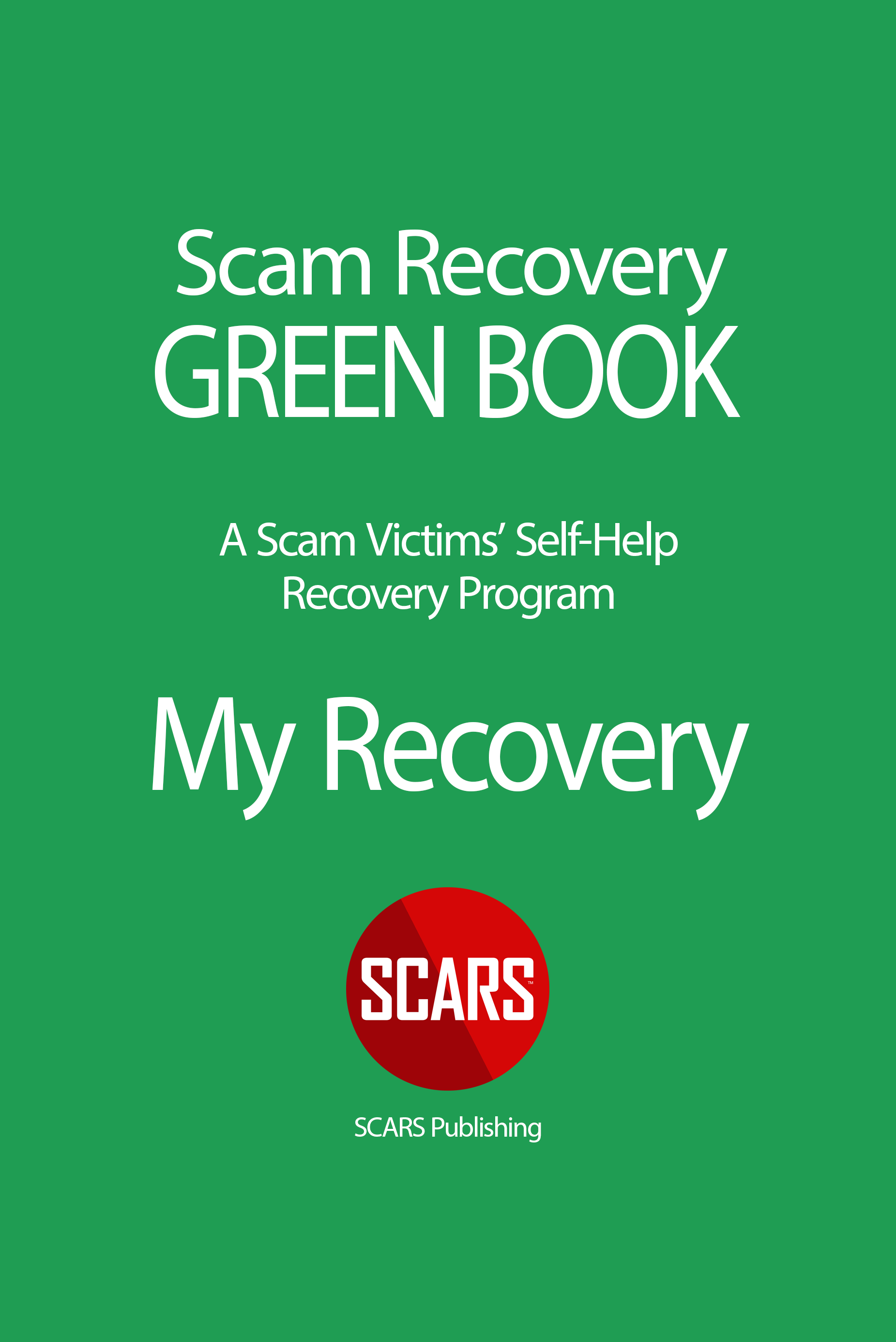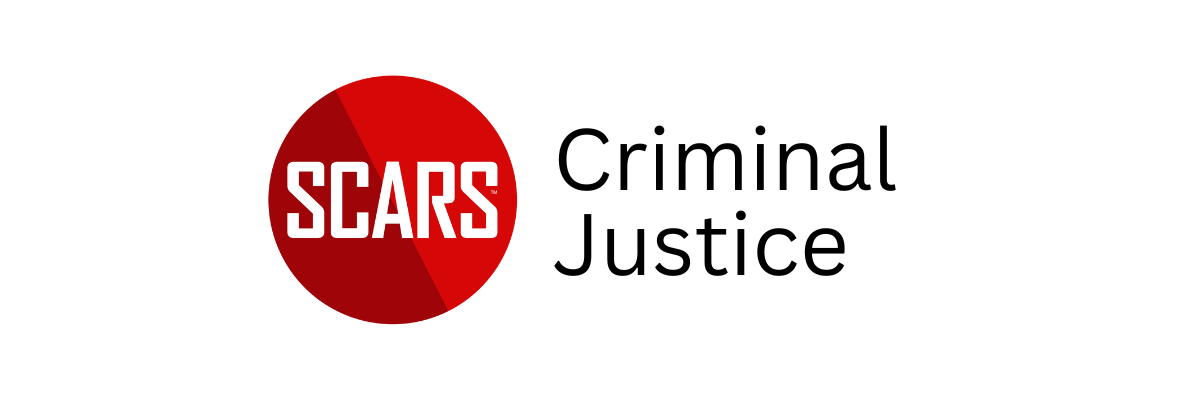Author:
• Tim McGuinness, Ph.D. – Anthropologist, Scientist, Director of the Society of Citizens Against Relationship Scams Inc.
Article Abstract
Being a convicted criminal in Nigeria entails a profound and enduring impact on various aspects of life. For individuals convicted of serious offenses like scamming or fraud, life takes a dramatic turn for the worse.
Beyond the immediate consequences of incarceration, the long-term effects are extensive. Nigerian prisons are infamous for their overcrowded and harsh conditions, where inmates endure cramped living spaces, inadequate healthcare, and violence.
The loss of liberty and societal stigma associated with a criminal record exacerbate the challenges faced by convicted individuals, leading to limited opportunities for employment, education, and social integration. The collateral consequences extend to their families, perpetuating cycles of poverty and crime.
Despite differing punishment objectives according to Nigerian law, the harsh realities of life as a convicted criminal in Nigeria underscore the need for comprehensive support systems and rehabilitation programs to break the cycle of recidivism and address the root causes of criminal behavior.
What Does It Mean To Be A Convicted Criminal In Nigeria
A Convicted Criminal or Felon includes convicted scammers, fraudsters, and cybercriminals.
Nigerian Courts are Too Lenient
Many scam victims complain about the sentences that Nigerian courts give to scammers without really understanding what it means to be a convicted criminal in Nigeria or anywhere in Africa.
For a Nigerian convicted of a serious crime such as scamming, fraud, money laundering, or currency racketeering, life takes a dramatic turn for the worse. Beyond the immediate consequences of incarceration, the long-term impact is profound and far-reaching.
The Purpose
THE AIMS OF CRIMINAL PUNISHMENT – according to Nigerian Law
Punishment of an offender, in any form, be it a fine, imprisonment, death penalty, or compensation deprives the individual of his liberty and serves the purpose for which that punishment is meant. The Court is always informed of differing punishment objectives before imposing a sentence upon the accused. The objective and purpose of punishment can be categorized into four main theories, namely: deterrence, incapacitation, retribution, and rehabilitation/reformation.
Deterrence
Deterrence means that pain is inflicted on the offender to deter him or her or others from doing the act or omission in the future. It may be general or specific. Specific deterrence aims to discourage crime by punishing offenders for their crime and thereby conveying to them that crime does not pay while general deterrence seeks to dissuade potential offenders by the threat of anticipated punishment from engaging in an unlawful conduct.
This was the reasoning of the Supreme Court of New Zealand in the case of Re Radich11 when the Apex Court stated that: In all civilized countries of the world, in all ages, deterrence has been the main purpose of punishment and still continues to be so.
Incapacitation
This theory of punishment aims at restraining an offender personally from repeating a criminal act by incapacitating him/her by various means such as a term of imprisonment and even the death penalty. In the past, this theory of punishment had a bearing on the nature of the crime, and criminals of such an offense used to be incapacitated. Punishments such as amputation, the death penalty, and exile served the purpose of incapacitating an offender whatever the crime during the past, but today means incarceration. The target of this theory is not on the motive of the offender, but on his physical power which it seeks to disable or otherwise cripple in order to prevent repetition of the crime – but this is generally not done now.
Retribution
Here the objective is to punish the offender in a manner proportionate to the offence he/she has committed. In ancient Greek times, retribution had been regarded as a kind of trade in which good was exchanged for good and bad for bad. Thus, under this theory, an offender is to be punished because he deserves the punishment. The goal of the punishment is to make the offender suffer in order to pay for his/her crime. It attempts to assign punishment on a proportional basis so that crimes that cause greater harm or are committed with a higher degree of culpability receive severe punishment than laser criminal activities.
Rehabilitation
Despite a variation of views about the various schools of thought under this theory of punishment, one of the most important aims of sentencing is the rehabilitation of the criminal. The central aim of this theory is to improve the offender‟s attitude and character so that he is less inclined to commit offences.
The Real Penalties
Firstly, upon conviction, they face the loss of their freedom, being confined to a prison cell and stripped of their autonomy and agency. This loss of liberty alone can have devastating psychological effects, leading to feelings of isolation, despair, and hopelessness. It can result in lifelong psychological disorders with no real means to address them.
You can see photos of Nigerian prisons here: Being In A Convict In A Nigerian Prison Is Hell
Being a prisoner in a Nigerian prison is an extreme experience due to various factors such as overcrowding, poor living conditions, inadequate healthcare, and limited access to basic necessities.
Here are some aspects of what it may be like:
- Overcrowding: Nigerian prisons are notorious for their overcrowded conditions, with facilities often housing far more inmates than they were designed to accommodate. This overcrowding can lead to cramped living spaces, increased tensions among inmates, and a greater risk of disease transmission.
- Poor Living Conditions: In many Nigerian prisons, inmates may have to contend with dilapidated infrastructure, inadequate sanitation facilities, and lack of access to clean water and proper hygiene products. Living conditions can be extremely harsh, with limited ventilation, pest infestations, and insufficient bedding.
- Limited Access to Healthcare: Access to healthcare in Nigerian prisons is often limited, with inadequate medical facilities and shortages of essential medications. Inmates struggle to receive timely medical attention for illnesses and injuries, leading to exacerbated health problems and suffering, which can become lifelong disabilities.
- Violence and Abuse: Violence and abuse, both among inmates and perpetrated by prison staff, are unfortunately common in Nigerian prisons. Inmates are subjected to physical, verbal, or sexual abuse, and incidents of brutality or extortion by prison authorities have been reported. It has been reported that family members are extorted for the safety of an inmate.
- Inadequate Legal Representation: Many inmates in Nigerian prisons face little or no access to legal representation or help navigating the legal system. Some may be detained for extended periods without trial or may not have access to proper legal counsel, resulting in prolonged periods of incarceration without resolution.
- Limited Rehabilitation and Reintegration Programs: Rehabilitation and reintegration programs in Nigerian prisons are mostly nonexistent, or at the very least inadequate, with limited resources allocated to education, vocational training, and counseling services. This lack of support can hinder inmates’ ability to reintegrate into society upon release, increasing the likelihood of recidivism.
Lost of Property
They also lose their money and all their property if any portion of it was paid for by criminal acts. All their cash and it’s hard to pay a fine when you have no money, their home, cars, everything! This often includes their family’s property too.
Potentially, anything that the government prosecutors can identify as being purchased or funded in full or in part by the criminal actions can be subject to seizure and retention by the government. Unfortunately, only very rarely does any of the money make its way back to victims – at least non-Nigerian victims.
Societal Stigma
Furthermore, the stigma associated with being a convicted criminal in Nigerian society can be overwhelming. They may face ostracization from their community, rejection from family and friends, and difficulty reintegrating into society upon release. This societal disdain often translates into limited opportunities for employment, education, and housing, effectively trapping them in a cycle of poverty and marginalization.
Here are some potential social stigmas faced by convicted criminals in Nigeria:
- Loss of Status: Convicted criminals lose their social standing and respect within their community.
- Employment Challenges: Finding employment can be difficult, especially for those with serious offenses.
- Limited Social Interactions: Social interactions are restricted, with some people avoiding contact with former convicted criminals.
- Family Strain: The conviction can cause tension and strain within the family, emotionally, psychologically, and financially.
An example can include children’s ability to enter better schools or universities can be severely restricted with a convicted criminal in the household.
Legal Status
Nigerian convicted criminals also lose:
- Loses the right to become an elector and cannot vote, hold public office, or run for office, although he can have these rights restored;
- Is disqualified from jury service for seven years, or while he is a defendant in a pending felony case;
- Loses the ability to have firearms; and
- Would lose a professional license or permit, although licensing agencies are restricted in their ability to revoke licenses because a person cannot be
- Disqualified from engaging in any occupation, profession, or business for which a state license or permit is required solely because of a prior conviction of a crime except under certain conditions.
In addition to the social and economic barriers, the legal consequences of a criminal record are lifelong. Many Nigerian employers conduct background checks, and having a criminal record can disqualify them from job opportunities, even for minor offenses. This perpetual exclusion from the formal job market pushes them towards informal or illegal means of earning a livelihood, perpetuating the cycle of criminal behavior and poverty.
The Impact on Their Family
But it is not just them, the whole family is tainted by the conviction.
The collateral consequences of a criminal conviction extend beyond the individual to their families. Convicted individuals may struggle to provide financial support for their loved ones, exacerbating their family’s economic hardship
No one will employ them for good jobs, almost no one will rent to them, and almost no one will give them credit. In short, the whole family becomes a convicted criminal too.
Children of convicted criminals are particularly vulnerable, facing disruptions in their education, emotional trauma, and an increased risk of involvement in criminal activities themselves.
Summary
Ultimately, for a Nigerian convicted of a crime like scamming, the outlook is bleak. They face a lifetime of limited opportunities, social stigma, and economic hardship. Without adequate support systems and rehabilitation programs in place, many find themselves trapped in a cycle of recidivism, perpetuating the cycle of poverty and crime for generations to come.
This is what it means to be a criminal in Nigeria or Africa.
We are not suggesting that they be given sympathy, but we are suggesting that victims should be satisfied when these criminals face the consequences of their crimes regardless of the sentence.
Important Information for New Scam Victims
- Please visit www.ScamVictimsSupport.org – a SCARS Website for New Scam Victims & Sextortion Victims
- Enroll in FREE SCARS Scam Survivor’s School now at www.SCARSeducation.org
- Please visit www.ScamPsychology.org – to more fully understand the psychological concepts involved in scams and scam victim recovery
If you are looking for local trauma counselors please visit counseling.AgainstScams.org or join SCARS for our counseling/therapy benefit: membership.AgainstScams.org
If you need to speak with someone now, you can dial 988 or find phone numbers for crisis hotlines all around the world here: www.opencounseling.com/suicide-hotlines
SCARS Resources:
- Getting Started Right: ScamVictimsSupport.org
- Sextortion Scam Victims: Sextortion Victims Support – The Essentials (scamvictimssupport.org)
- For New Victims of Relationship Scams newvictim.AgainstScams.org
- Subscribe to SCARS Newsletter newsletter.againstscams.org
- Sign up for SCARS professional support & recovery groups, visit support.AgainstScams.org
- Join our Scam Survivors United Chat & Discussion Group facebook.com/groups/scam.survivors.united
- Find competent trauma counselors or therapists, visit counseling.AgainstScams.org
- Become a SCARS Member and get free counseling benefits, visit membership.AgainstScams.org
- Report each and every crime, learn how to at reporting.AgainstScams.org
- Learn more about Scams & Scammers at RomanceScamsNOW.com and ScamsNOW.com
- Scammer photos ScammerPhotos.com
- SCARS Videos youtube.AgainstScams.org
- Self-Help Books for Scam Victims are at shop.AgainstScams.org
- Donate to SCARS and help us help others at donate.AgainstScams.org
- Worldwide Crisis Hotlines: https://blog.opencounseling.com/suicide-hotlines/
Other Cyber Resources
- Block Scam Domains: Quad9.net
- Global Cyber Alliance ACT Cybersecurity Tool Website: Actionable Cybersecurity Tools (ACT) (globalcyberalliance.org) https://act.globalcyberalliance.org/index.php/Actionable_Cybersecurity_Tools_(ACT)_-_Simplified_Cybersecurity_Protection
- Wizer Cybersecurity Training – Free Security Awareness Training, Phishing Simulation and Gamification (wizer-training.com)
-/ 30 /-
What do you think about this?
Please share your thoughts in a comment below!
Do You Need Support?
Get It Now!
SCARS provides the leading Support & Recovery program for relationship scam victims – completely FREE!
Our managed peer support groups allow victims to talk to other survivors and recover in the most experienced environment possible, for as long as they need. Recovery takes as long as it takes – we put no limits on our support!
SCARS is the most trusted support & education provider in the world. Our team is certified in trauma-informed care, grief counseling, and so much more!
To apply to join our groups visit support.AgainstScams.org
We also offer separate support groups for family & friends too.
Become a
SCARS STAR™ Member
SCARS offers memberships in our STAR program, which includes many benefits for a very low annual membership fee!
SCARS STAR Membership benefits include:
- FREE Counseling or Therapy Benefit from our partner BetterHelp.com
- Exclusive members-only content & publications
- Discounts on SCARS Self-Help Books Save
- And more!
To learn more about the SCARS STAR Membership visit membership.AgainstScams.org
To become a SCARS STAR Member right now visit join.AgainstScams.org
To Learn More Also Look At Our Article Catalogs
Scam & Crime Types
More SCARS
- ScamsNOW Magazine – ScamsNOW.com
- ContraEstafas.org
- ScammerPhotos.com
- AnyScam.com – reporting
- AgainstScams.org – SCARS Corporate Website
- SCARS YouTube Video Channel
















Leave A Comment